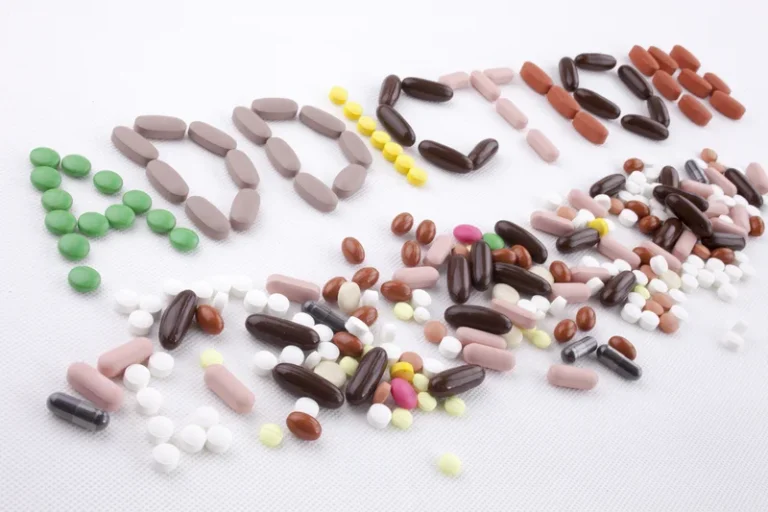
Practicing gratitude daily can improve mental and physical health by fostering positive thinking, energy, and confidence, thus leading to a healthier recovery 1. Gratitude serves as an antidote to negative thinking, reducing hopelessness and dissatisfaction. Gratitude is a powerful tool in the recovery process, offering numerous benefits to individuals what is alcoholism seeking to overcome addiction and regain control of their lives.
Scan the QR code to get started!
But a lot about practicing gratitude is focusing on your perspective. You need to be realistic in recognizing that sometimes you’ll have bad days. It might be a little harder to find the thing to be grateful for on those days, but you can find it.

Daily Practices for Gratitude, including Journaling
This can be especially beneficial for individuals with addiction problems, as it helps them develop healthier social interactions and supports their overall recovery process. Gratitude plays a crucial role in fostering social connections among individuals in recovery. By expressing appreciation, people strengthen their bonds with family, friends, and peers. This interconnectedness is essential for emotional support, which is vital during the recovery journey. Keeping a gratitude journal, reflecting on daily achievements, or engaging in mindfulness can empower individuals in recovery to appreciate their progress and second chances at life.
Gratitude Is a Magnet: Our Positive Outlook Draws Out the Best in People

Other studies have also shown that practicing gratitude can lead to increased feelings of well-being and a more positive outlook in life. Strengthening relationships through gratitude creates a positive ripple effect, allowing individuals to feel more secure and supported during their recovery. These connections can encourage continued growth and resilience against challenges, fostering a supportive atmosphere essential for long-lasting recovery. For related insights on this topic, consider checking out our article on things to consider before reconciling with family. Understanding the feeling of gratitude in recovery not only helps heal emotional wounds but also paves the way for a more fulfilling life.

Opiate Addiction Treatment Options in Kansas
When you think or talk about your addiction, always follow up with where you are now. Your addiction may have led you down a destructive path, but now you’re choosing to live a better life. When you’re struggling, you can reach for your gratitude journal or reminders to rebalance yourself. It can remind you of how far you’ve come and all you’ve done to get to this stage of recovery.

Alcohol Addiction and Dementia: The Devastating Duo
- These actions help reinforce a sense of worthiness and promote a healthy self-image.
- This suggests that being grateful not only improves our mental health but also has positive effects on our bodies.
- You might write in a gratitude journal or have an alarm go off periodically as a reminder to stop and reflect.
- Keeping a gratitude journal is a common practice that helps individuals refocus their thoughts.
- Without gratitude, life is endless work with no real meaning and no detectable results.
Another way to express gratitude is to write thank-you notes to the people who have made a difference in your life. A grateful approach https://ecosoberhouse.com/ allows you to take on challenges with a positive mindset. For instance, rather than viewing relapse as a failure, you can see it as an opportunity to learn and grow. This perspective can help you stay motivated and committed to your recovery goals, even when times are tough.
- The feeling of gratitude in recovery has a significant role in enhancing relationships and creating a supportive environment for healing.
- Discover the key qualities of the best rehab centers, from impactful treatment to accredited facilities and expert staff.
- Gratitude helps us recognize the positive aspects of our recovery journey and overcome its challenges.
- Explore the financial consequences of addiction, its impact on families, and resources for recovery in Kansas.
- Explore if Adderall causes aggression, its side effects, and long-term impacts.
- It can be anything from the big (e.g., “I’m grateful for my sobriety”) to the small (e.g., “I’m grateful for a sunny day”).
People who write down lists of things for which they’re grateful tend to feel happier. Martin Seligman, the positive psychologist, has found that writing and delivering a letter of gratitude to a specific person can result in a significant and immediate happiness boost. But it could be that the happiness we feel when we practice gratitude has to do with the sense that, at last, we’re meeting the obligations that gratitude involves. In my life, I’ve found that gratitude on the largest scale can feel not just humbling but overwhelming. The fact that they’re not asking for anything in return, and don’t seek to burden me, doesn’t seem to matter. There’s an old saying in many Twelve Step the importance of gratitude in recovery fellowships that goes “a grateful alcoholic will never drink” or “a grateful addict will never use”.

